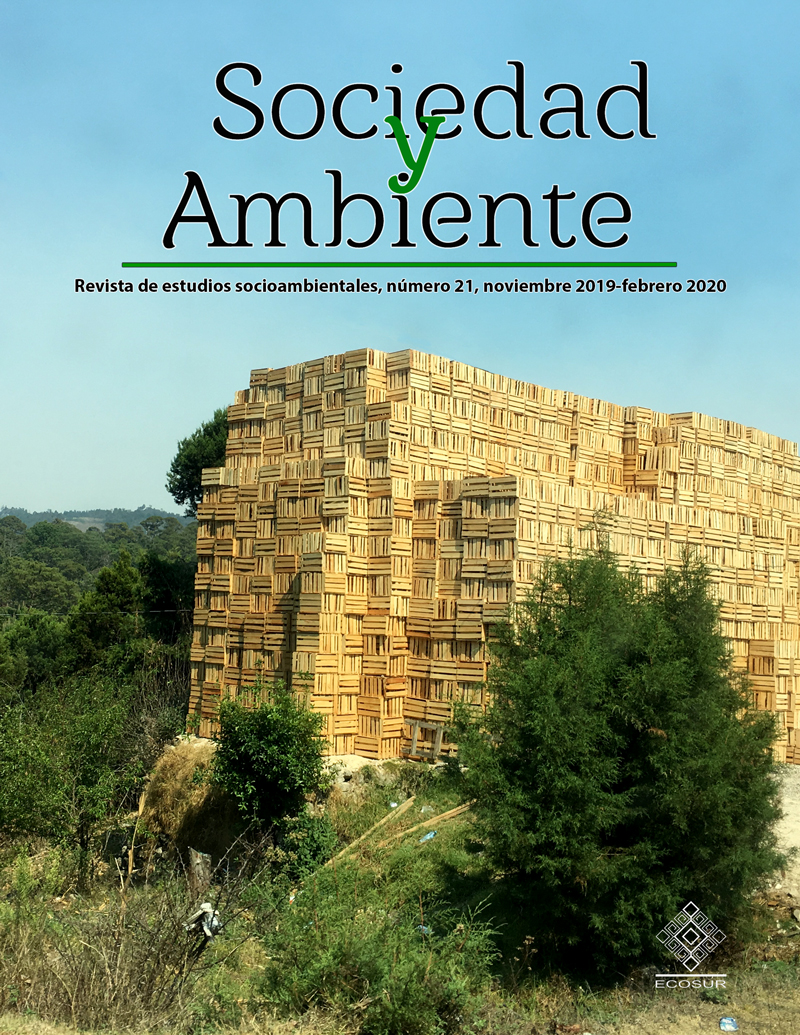Abstract
Much of the forest land in Mexico is managed by agrarian communities and ejidos, which also have land used for agricultural production. A case study was conducted in the San Andrés Hueyacatitla ejido, in the municipality of San Salvador El Verde, in the state of Puebla, where the reproduction strategies of ejido domestic groups focus on forest management and agricultural activities, as well as reproductive and care work. The aim was to determine the gender-differentiated effects and climate change adaptation strategies. A sample of 80 men and women, belonging to domestic groups with ejido rights, was used for the study. A survey and semi-structured interviews were applied to key informants and participant observation was undertaken. The effects the men and women participating in the study recognize and experience differently, which are associated with climate variability or climate change, were identified. The development of adaptation strategies according to their assigned gender roles, traditional knowledge and practices was also detected. It was found that government forest conservation programs encourage the development of adaptation strategies in ejido domestic groups for forest management, which, however, does not fully reduce socio-environmental vulnerability in the study area.

Sociedad y Ambiente by ECOSUR is licensed under a Creative Commons Reconocimiento-NoComercial-SinObraDerivada 2.5 México License


